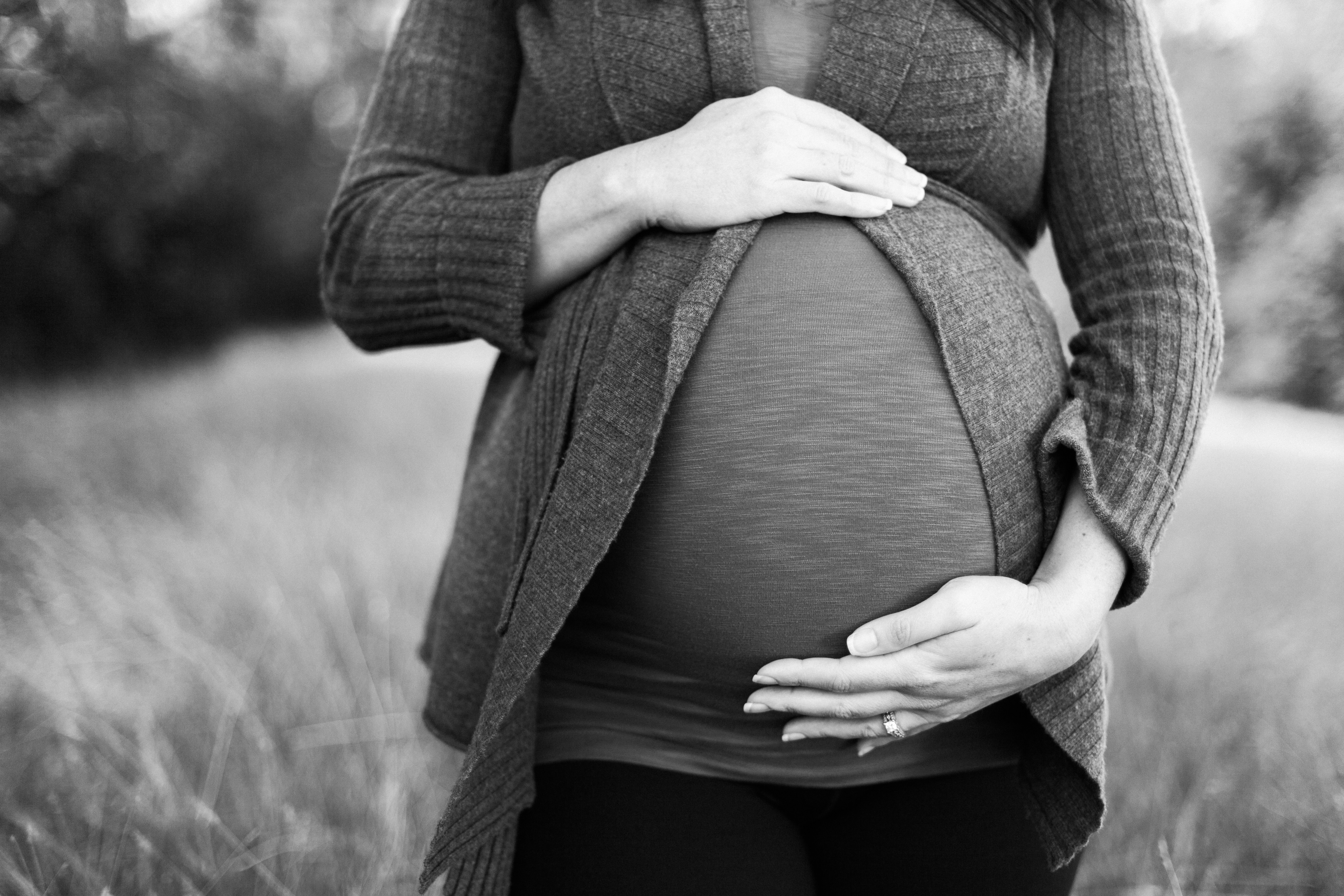Media release
From:
Emotional and medical toll of extreme pregnancy nausea, with many women considering ending pregnancies
A new study reveals the profound emotional and physical toll of extreme morning sickness, with more than half of affected women reporting they considered terminating their pregnancy, and 9 in 10 saying they had thought about not having more children.
The national survey, published in PLOS ONE, is one of the most comprehensive investigations into the lived experience of hyperemesis gravidarum (HG)—a severe form of nausea and vomiting in pregnancy – in Australia.
It highlights not only the debilitating nature of the condition but also the inconsistent effectiveness of commonly prescribed treatments.
Lead author Associate Professor Luke Grzeskowiak, a pharmacist and researcher from Flinders University, says that the findings underscore the urgent need for more compassionate, evidence-based care for pregnant women experiencing HG.
“Hyperemesis gravidarum is not just morning sickness—it’s a serious condition that can have devastating consequences for women’s mental health, relationships, and decisions about future pregnancies,” says Associate Professor Grzeskowiak.
“Our study shows that many women are not getting the support or relief they need, and that’s something we must urgently address.”
The survey of 289 Australian women found that 54% had considered terminating a pregnancy due to HG symptoms, while 90% had considered not having more children.
The condition was also linked to high rates of anxiety and depression, with 62% of respondents reporting they ‘often’ or ‘always’ experienced these feelings during pregnancy.
Despite the severity of symptoms, only half of the women surveyed rated commonly used treatments as effective.
Ondansetron, doxylamine and corticosteroids were perceived as the most effective medications, yet many women reported significant side effects, including constipation, sedation, and impaired cognition.
Metoclopramide, another frequently used drug, was discontinued by nearly one-third of users due to adverse effects.
“Women are often prescribed multiple medications in an attempt to manage their symptoms, but the reality is that many of these treatments come with their own burdens,” says Associate Professor Grzeskowiak.
“We need better evidence to guide treatment decisions and ensure women are supported to make informed choices.”
Beyond the physical symptoms, the study paints a dismal picture of the broader impact of HG on women’s lives.
More than half of respondents reported major disruptions to their ability to work, care for children, maintain relationships, and perform daily tasks. Thirty-seven per cent requested early induction of labour to end their pregnancy sooner due to the severity of their symptoms.
Caitlin Kay-Smith, founder of consumer organisation Hyperemesis Australia and co-author on the study, says the findings should prompt a shift in how HG is understood and managed in clinical settings.
“Too often, women’s symptoms are dismissed as a normal part of pregnancy, when in fact they are experiencing a condition that can be life-altering,” she says.
“We need to move away from a one-size-fits-all approach and toward personalised care that recognises the full impact of HG.”
The study was co-designed with Hyperemesis Australia and supported by the Robinson Research Institute at the University of Adelaide. It calls for further research into the long-term effects of HG and its treatments, as well as greater investment in support services for affected women.
Associate Professor Luke Grzeskowiak says the message from women was clear: “They want to be heard, believed, and treated with dignity.”
The research – ‘Assessing the burden of severe nausea and vomiting of pregnancy or hyperemesis gravidarum and the associated use and experiences of medication treatments: An Australian consumer survey’ by Loyola Wills, Han-Fang Hsiao, Alicia Thomas, Caitlin Kay-Smith, Amanda Henry and Luke E. Grzeskowiak is published in PLOS One. DOI: https://doi.org/10.1371/journal.pone.0329687
Acknowledgements: This study was supported by a 2020 Engaging Opportunities research grant provided by the Robinson Research Institute, The University of Adelaide. LEG receives salary support from the Channel 7 Children’s Research Foundation (CRF-210323). The funding source(s) had no involvement in the conduct of the research and/or preparation of the article.
Multimedia




 Australia; NSW; SA
Australia; NSW; SA



